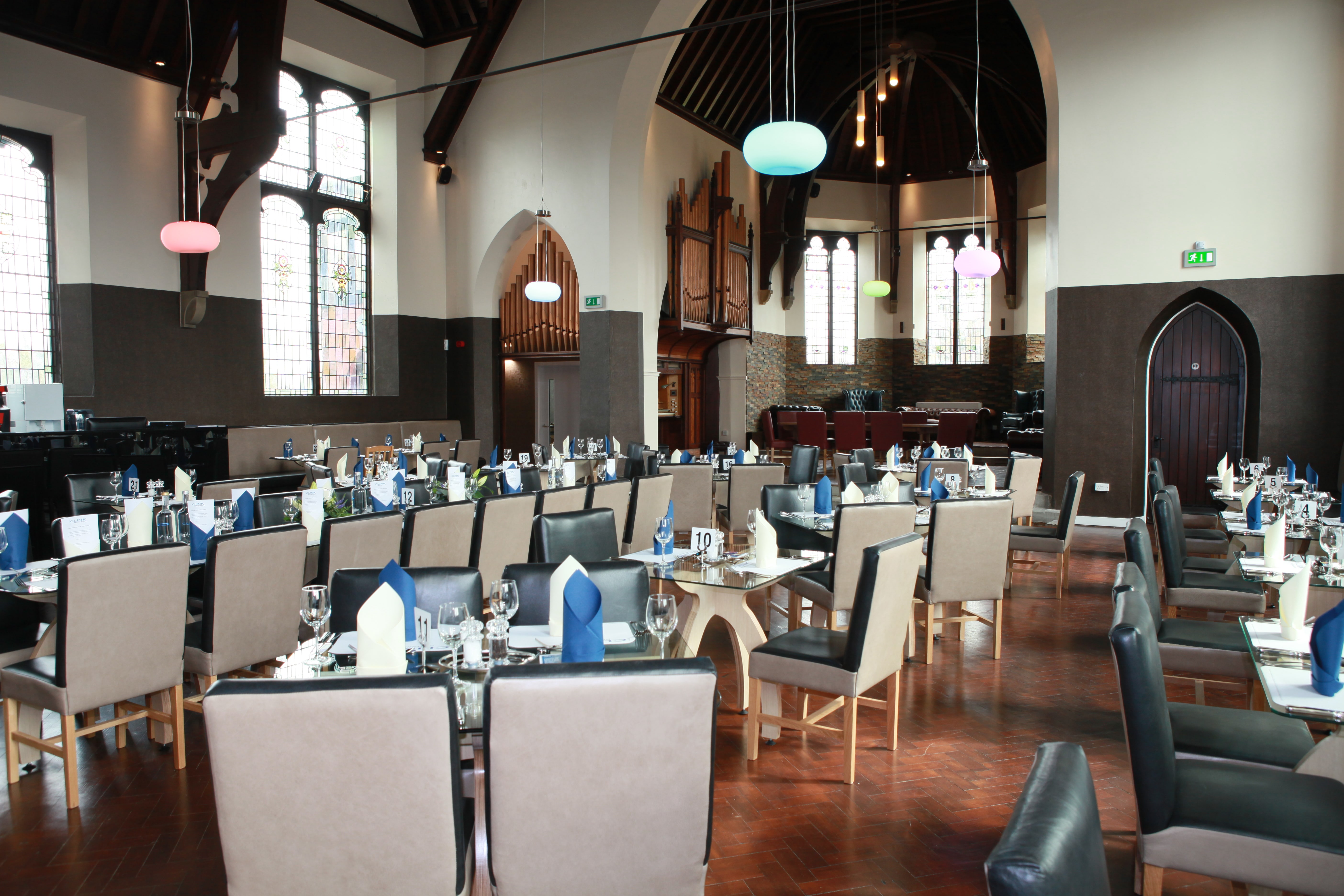
It has been a journey of discovery since Alberto Crisci opened the first The Clink Restaurant in HMP High Down in Surrey, UK, in 2009.
The charity hardly needs any introduction. Set up by Crisci (below), who was then a prison catering manager, its raison d’être is to reduce reoffending rates of ex-offenders by giving them training and practical skills as they move on to life after prison.
Today, as the charity’s brand director, Crisci’s main job is to ensure the general ethos of the brand remains. “I monitor the training, sustainability of the food using British produce, the service and the cooking,” he says.

With four Clink restaurants now and a myriad of side projects, Crisci (left) is a busy man. The first Clink Café will open soon in Manchester city centre. “We have just employed an ex-offender to help manage it as a full-time job and we also have contact with Centre Point who set up in Manchester recently, so we train the homeless in the café as well,” he explains. “We are looking at developing that to other sites around the country. That is almost the next step. It is a progression route for graduates.”
Support, without the costs
Another project currently in its early stages and which promises to have great potential for scale is Clink Kitchens, easiest described as Clink Restaurants without the dining room. “Building a fine dining restaurant obviously has a a lot of costs attached to it, so we use existing facilities that the prison already uses to cook food for prisoners and we have a professional trainer in the kitchen alongside a support worker,” he says. “So we teach them to cook, we still support them but we don’t have those costs.”
The support worker, he says, is key. “They help to find them a job and somewhere to live.”
Solutions
The pilot project is run in partnership with the Prison Service and launched in January. “They are working, so we are ready to move ahead,” says Crisci.
With the scope for scaling up, the project is likely to need continued support form the wider hospitality sector. Crisci says he is considering implementing it in 75 prisons around the country, meaning potentially a lot more ex-offenders looking for a kitchen job. “But then there is a big shortage of kitchen staff, so this is a solution,” he points out.
Crisci talks of plans to expand the Clink Events catering service, which earlier this year won a three-year contract to cater at London’s Guildhall. For this a bespoke kitchen has been built in Down View prison where 30 women will be training as they prepare and cook food for events.
Importantly, recent data found that the Clink is making a real difference. Justice Data Lab found that prisoners who went through the Clink programme while in prison are 50% less likely to re-offend than those who don’t.
“It is telling the world that rehabiliation works,” he says.”Everyone needs a chance; not everyone takes it but they need the chance.”
Tina Nielsen
Photo: The Clink Restaurant at HM Prison Styal
